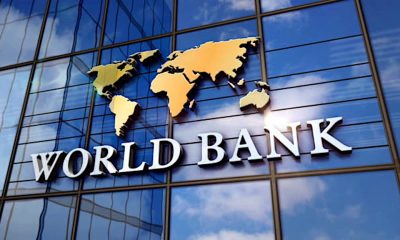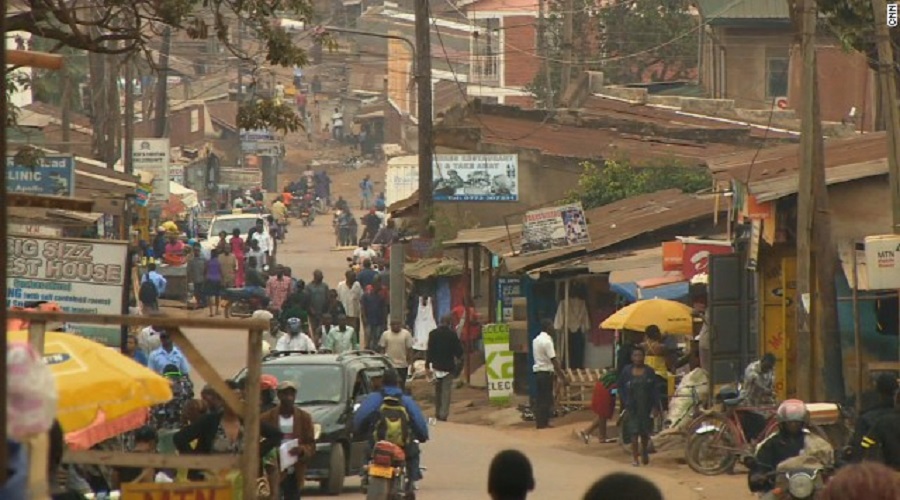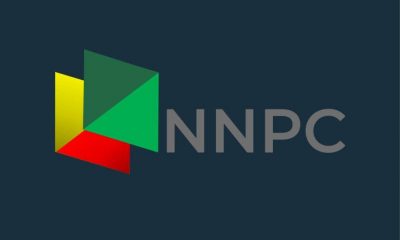Economy
$30b Loan: IMF, World Bank Pressure Buhari For Economic Blueprint
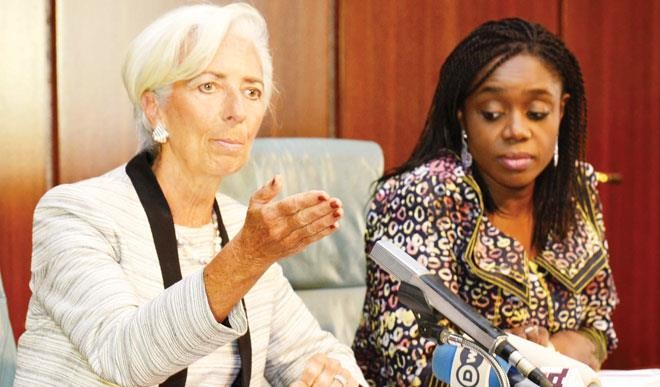
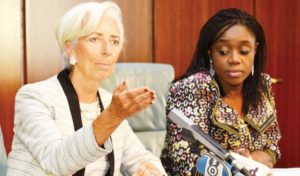
By Modupe Gbadeyanka
President Muhammadu Buhari has been told come up with an economic blueprint as he seeks to borrow money to reflate the Nigerian economy, which is still in recession.
Recently, Mr Buhari wrote the National Assembly, seeking their approval to borrow $29.96 billion from the World Bank and the International Monetary Fund (IMF).
This is presently generating mixed reactions from Nigerians, who do not understand why the Federal Government wants to embark on such when the government had claimed in the past that it has recovered huge amount of money allegedly looted by the immediate past administration of Goodluck Jonathan.
But the latest report is that both the World Bank and the IMF are pilling pressure on Mr Buhari to come up with an economic blueprint, if its drive for foreign loans was not to be stalled.
Vanguard gathered that officials of both financial institutions have questioned the Minister of Finance and her team over the absence of a blueprint for which the loans being sought would be utilised.
Sources at the Presidency said at the last IMF/World Bank Group Annual Meetings, that the Nigeria team was asked to produce an economic blueprint for which the IMF/World Bank Group will offer support.
Specifically, Vanguard learned that the US Secretary of Finance and that of the United Kingdom, told the Nigerian team that without a comprehensive economic blueprint, Nigeria would not get support from IMF and the World Bank.
The source said that usually, the IMF asks countries for what it called Policy Support Instrument (PSI), an instrument which serves as a document through which the multilateral institution monitors the economic progress of the country they support.
The source further said that during the Obasanjo administration, the NEEDS document was the Policy Support Instrument used to negotiate debt relief. The source also said the World Bank Group was interested in such a document as a means of evaluating its recently launched Sustainable Development Goals.
It was also learned that at the various road shows in London, foreign investors had asked Nigerians for an economic blueprint. Such an economic framework, they argued, aside from addressing the current challenges, would go a long way to engender confidence in both local and international investors on the way forward.
The source said this had become very imperative, given that investor-perception of Nigeria’s outlook was critical to its economic recovery.
At the moment, the Federal Government has not been able to come up with such a policy document.
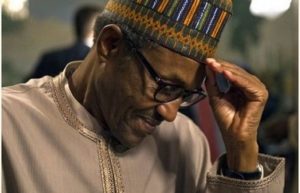
But in reaction to Vanguard’s enquiry a presidential aide said the present administration was working on a comprehensive economic blueprint that would soon be ready for launching.
The source, who said the issue of economic blueprint had become very contentious in government circles, said the economic management team had produced a blue print that will be launched soon. Stressing the need for an economic blueprint last week, Dr Obadiah Mailafia, a former deputy governor of the Central Bank of Nigeria (CBN), advised the Federal Government to produce a comprehensive economic blueprint to fast track economic growth and development.
Mr Mailafia gave the advice while speaking as a guest lecturer at the Federal Radio Corporation of Nigeria, FRCN, 2016 Annual Lecture in Abuja.
In the lecture, entitled Fighting Corruption and Growing a Sustainable Nigerian Economy, Mr Mailafia appealed to President Muhammadu Buhari to listen to the right advice that would help fix the nation’s economy within a short time.
“Nigerians are getting impatient and they are complaining that this change is not translating into what they are hoping for.
“We must do what we have to do to rescue our economy and to get the great Nigerian people back to work,” Mr Mailafai said.
He also advised the government to create an entrepreneurial state by encouraging innovation and generating critical public goods that would support creativity and high level productivity.
Besides, he urged government to pursue economic policies within the framework of a coherent and credible development strategy, with a greater coordination between fiscal and monetary authorities.
He said: “Sadly, we noticed that Nigeria does not have an economic administration. The British Chancellor of the Exchequer, for example, has at his beck and call some 300 highly well-trained economists in the Treasury.
“Their job is to worry day and night about the economy, monitor key trends, analyse critical developments and proffer policy. We need to build such an administration, in addition to strengthening the National Economic Management Team that has become virtually comatose.
“We cannot continue to blame previous administrations.
“We can only hope like the great Franklin Roosevelt in America of the 1930s and like Barack Obama during the height of the Great Recession.
“Our President needs a brains trust of people who love Nigeria passionately and are ready to do what it takes to take us to the path that destiny has ordained for us,” the ex-CBN deputy governor said.
Debt Management Office (DMO), which is charged with the responsibility of borrowing on behalf of government, had said in its Debt sustainability report for 2016 “There is an urgent need for the Government to formulate an Economic Blueprint or Road-Map for the medium-term.
“Aside from addressing the current challenges, it would go a long way to engender confidence in both local and international investors on the way forward. This has become very imperative, given that investor-perception of a country’s outlook is critical to its economic recovery.
“It is advisable that the Federal Government sustains the on-going reforms and initiatives in the various key sectors of the economy, including agriculture, education, housing, power, and transportation, as this would foster the needed inclusive economic growth and development.
“The passage of the Petroleum Industry Bill (PIB) by the National Assembly is long overdue and should be given speedy attention by the authorities.
“Its passage is expected to liberalise the oil and gas sector, and thus, attract more investments into the sector, which will have positive multiplier effect on the economy. Given that in the short to medium-term, oil would still remain a key revenue earner of the nation, the Federal Government is encouraged to continue on its efforts to curtail crude oil production disruptions in the oil producing areas.
“In view of the country’s huge infrastructure requirements, the Federal Government is enjoined to creatively explore other alternative and viable sources of financing critical infrastructure development outside the routine budgetary process.
“These may include the setting up of an Infrastructure Development Fund, the issuance of Infrastructure-tied Bonds, as well as encouragement for the private sector to participate in funding viable infrastructural projects through Public-Private-Partnership arrangements.
“As part of the initiatives for boosting revenue, the Federal Government is encouraged to fast-track the process of liberalising the exploration of the solid minerals deposits across the country. This is to make the sector much more attractive and competitive, and further expand the non-oil revenue base.
“As part of government’s commitment to encouraging private sector participation in the development of the economy, the demand for FGN Guarantees may likely increase. In order to instil discipline and discourage frivolous requests that may unduly expose the Federal Government, it is also recommended that the issuance of FGN Guarantees to the private sector should attract appropriate fees, and should be within an established framework.”
Former President Olusegun Obasanjo weekend also kicked against the plan by the Federal Government to obtain a $29.96 billion foreign loan.
Mr Obasanjo was said to have phoned the Minister of Finance, Mrs Kemi Adeosun, shortly after the media reported the loan bid, which the Federal Government explained would be used to finance critical infrastructure deficiency between now and 2018.
But the Finance Minister, it was learned, told an alarmed Mr Obasanjo that she would pay him a visit to explain the rationale for the plan, which had triggered mixed reactions on the necessity or otherwise of such loan.
The former president, it was gathered, spoke on the proposed foreign loan when he received members of a political association, The National Patriots’ Movement of Nigeria (NPMN), led by the national coordinator, Chief Dosu Oladipo, at his Hilltop residence in Abeokuta, the Ogun State capital, on Friday.
Mr Obasanjo, it was learned, not only opposed the loan bid, but also threatened to draw a battle line with the Federal Government should it go ahead to obtain the loan which he said could have far-reaching negative effects on the nation.
While some experts have advised the government to deploy part of the funds reportedly recovered from allegedly corrupt politicians in the last political dispensation to such purpose, others claimed the loan could be raised internally.
It will be recalled that the Mr Obasanjo led administration had successful negotiated with Western nations to write off $12.5 billion foreign debt to the Paris Club, a body of European creditors during his tenure.
However in justifying the proposal for the N29.96 billion external loan, President Muhammadu Buhari, had in a letter to the National Assembly said, “The total cost of the projects and programmes under the borrowing (plan) is $29.96 billion made up of proposed projects and programmes loan of $11.274 billion, special national infrastructure projects, $10.686 billion, Euro bonds of $4.5 billion and Federal Government budget support of $3.5 billion.”
But Nigeria’s foreign reserves have dipped lately, ostensibly owing to economic recession and intense pressure on Nigeria’s naira as a result of the scarcity of United States dollars.
Economy
Katsina Provides Additional N500m for Women-owned Businesses
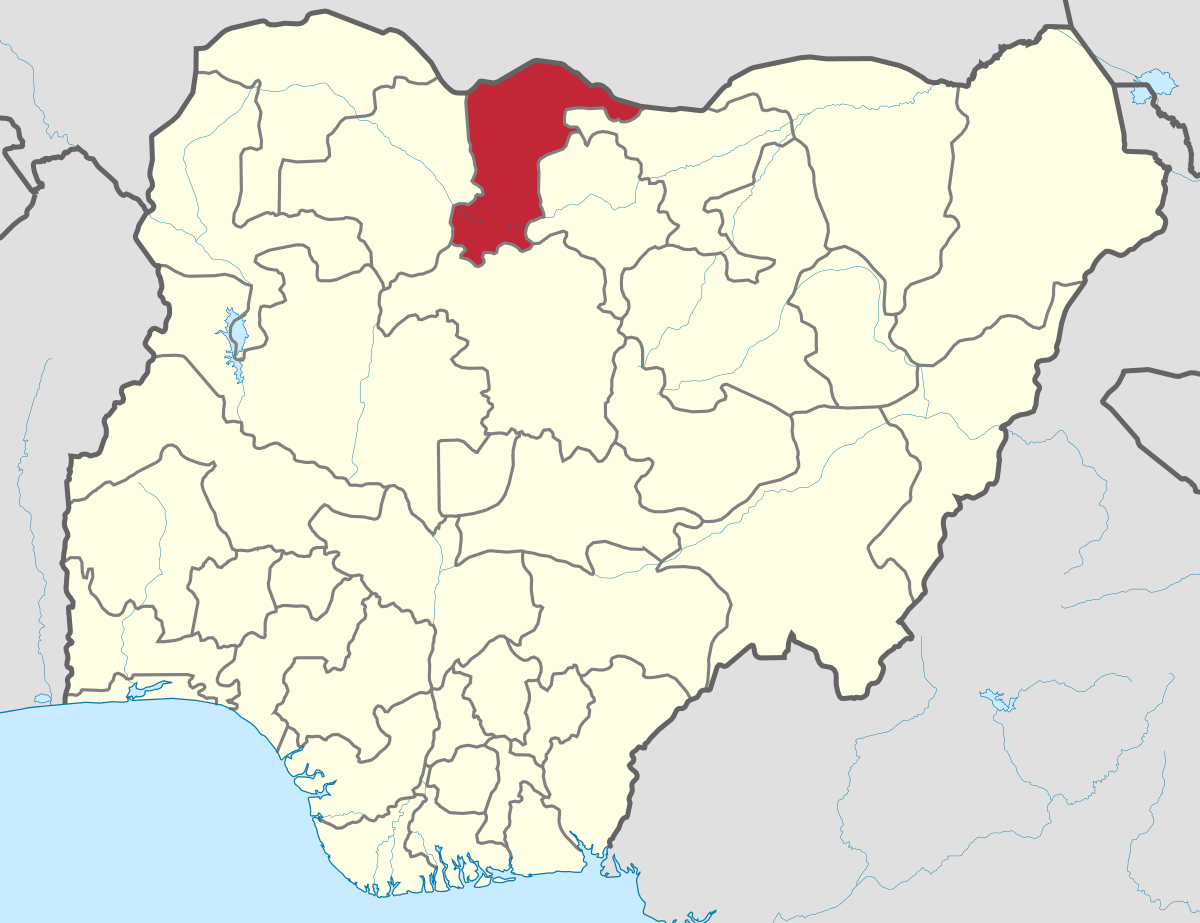
By Modupe Gbadeyanka
The Katsina State government has offered additional N500 million to support women-owned businesses in the state as part of efforts to boost economic activities.
Governor Dikko Umaru Radda announced this at the Women of Influence and Investment Summit hosted by the Katsina Inner Wheel Development Initiative (KIWDI), in partnership with Access Bank Plc.
The event brought together women entrepreneurs, investors, policymakers, and development partners to advance women’s economic empowerment in the state.
The summit, themed Where Influence Meets Investment, focused on positioning women as key drivers of enterprise, leadership, and inclusive growth. It also highlighted the growing collaboration between Access Bank and the Katsina State Government on financial inclusion and SME development.
Mr Radda noted that investing in women was critical to building a productive and sustainable economy.
In her welcome address, the founder of KIWDI, Ms Amina Zayyana, said the summit was designed to connect women to opportunities, training, finance, and markets, stressing that when women-led businesses grow, families and communities benefit.
On her part, the Group Head of Women Banking at Access Bank, Mrs Nene Kunle-Ogunlusi, said the lender was proud to partner with Katsina State and KIWDI in advancing women’s economic participation.
“At Access Bank, we are committed to moving women from potential to prosperity. Through our Women Banking proposition and the ‘W’ Initiative, we provide access to finance, capacity building, and market linkages that help women start, stabilise, and scale their businesses,” she said.
She noted that the W Initiative, launched in 2014, is Access Bank’s flagship women- focused platform, designed to meet the real needs of women entrepreneurs and professionals across Nigeria and Africa.
“Our partnership with Katsina State goes beyond banking. It is about supporting economic empowerment, SME growth, and financial inclusion, especially for women,” she added.
Mrs Kunle-Ogunlusi noted that Access Bank was proud to participate not just as a financial institution, but as a long-term partner in women’s economic advancement across Nigeria and Africa.
“At Access Bank, we made a deliberate decision to change that, not with charity, but with strategy. Not with sympathy, but with solutions. The W Initiative, which was launched in 2014, is Access Bank’s flagship women-focused proposition, created to respond to the real needs of women,” she said.
The banker disclosed that through the W Initiative, the bank has disbursed over N314 billion in loans to women, supporting over 3.6 million female loan beneficiaries, and helping women-owned businesses start, stabilise, and scale up.
Economy
2026 Budget: Reps Threaten Zero Allocation for SON, NAICOM, CAC, Others
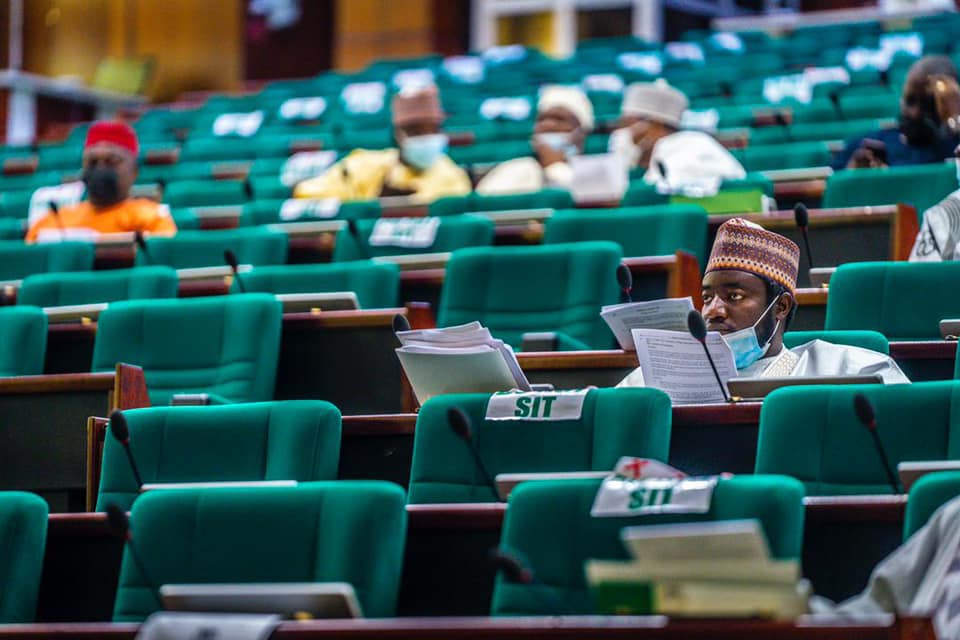
By Adedapo Adesanya
The House of Representatives Public Accounts Committee (PAC) has recommended zero allocation for the Standards Organisation of Nigeria (SON), the National Insurance Commission (NAICOM), and the Corporate Affairs Commission (CAC), among others, in the 2026 budget for allegedly failing to account for public funds appropriated to them.
The committee, at an investigative hearing, accused the affected ministries, departments and agencies (MDAs) of shunning invitations to respond to audit queries contained in the Auditor-General for the Federation’s annual reports for 2020, 2021 and 2022.
The affected MDAs include the Federal Housing Authority (FHA), the Federal Ministry of Housing and Urban Development, the Federal Ministry of Women Affairs and Social Development, the National Business and Technical Examinations Board (NABTEB), and the Nigerian Meteorological Agency (NiMet).
Others are Federal University of Gashua; Federal Polytechnic, Ede; Federal Polytechnic, Offa; Federal Medical Centre, Owerri; Federal Medical Centre, Makurdi; Federal Medical Centre, Bida; Federal Medical Centre, Birnin Kebbi; Federal Medical Centre, Katsina; Federal Government College, Kwali; Federal Government Boys’ College, Garki, Abuja; Federal Government College, Rubochi; Federal College of Land Resources Technology, Owerri; Council for the Regulation of Freight Forwarding in Nigeria; and the FCT Secondary Education Board.
The PAC chairman, Mr Bamidele Salam, while speaking on the decision of the committee to recommend a zero budget for the defaulting MDAs, stated that the National Assembly should not continue to appropriate public funds to institutions that disregard accountability mechanisms.
“Public funds are held in trust for the Nigerian people. Any agency that fails to account for previous allocations, refuses to submit audited accounts, or ignores legislative summons cannot, in good conscience, expect fresh budgetary provisions. Accountability is not optional; it is a constitutional obligation,” he said.
The panel maintained that its recommendation for a zero budget for the affected MDAs is aimed at restoring fiscal discipline and strengthening transparency across federal institutions and conforms with extant financial regulations and the oversight powers of the parliament.
Economy
SEC, NOA to Sensitize Nigerians to Illegal Investment Schemes
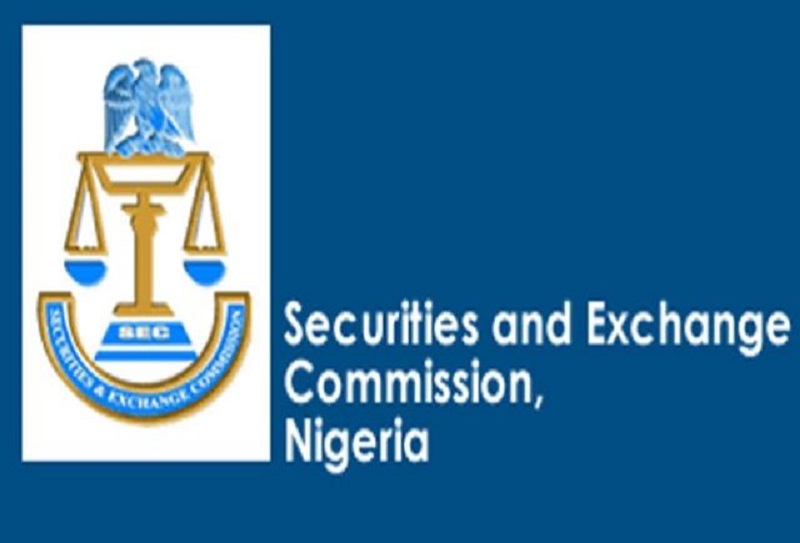
By Adedapo Adesanya
The Securities and Exchange Commission (SEC) and the National Orientation Agency (NOA) have partnered to enlighten Nigerians on illegal investment schemes in Nigeria.
The director-general of SEC, Mr Emomotimi Agama, stated this during a meeting with his NOA counterpart, Mr Lanre Issa-Onilu, in Abuja on Thursday, according to a statement from SEC.
Mr Agama said the capital market is an available tool for national development, but beyond all that, there is a tendency for people to do the wrong things that will lead to the impoverishment of Nigerians.
According to him, these are not supposed to be, but many people fall victim due to a lack of knowledge. He stated that these schemes are springing up daily, and those involved are defrauding Nigerians, as people are always gullible because of the need to survive.
“As a management, we decided to move out to enlighten people; we cannot assume that people know, we need to go out for mass communication, hence this collaboration. It is only by co-operation that we can achieve the purpose of our existence,” he stated.
The SEC DG solicited the co-operation of the NOA to reach Nigerians because of its capacity and vast network of mass media, in a bid to ensure that the message reaches every nook and cranny of the country.
“This collaboration is important because it will go a long way in ensuring that Nigerians are no longer victims of these fraudulent schemes. We appreciate that you value this country, and we value the work that you do,” he added.
On his part, Mr Issa-Onilu commended the SEC for the capital market’s achievements in recent times, adding that the commission has not been celebrated enough.
“We commend you and thank you on behalf of the country, but most Nigerians are not aware of the opportunities in the capital market. An ignorant society will fall victim to many things that are avoidable. It is our responsibility to enlighten people to make the right decisions.
“We request that you provide information on what you do to enable us to propagate them. Our primary assignment is to serve all government institutions as the communications arm. We do a lot of enlightenment in places like the religious houses, motor parks, town halls, among others.”
Mr Issa-Onilu said the NOA engages in civic education to create the right values that will help most Nigerians be better citizens, saying that “many Nigerians are deficient in good behaviour. Both the Ponzi scheme promoters and those who patronise them are suffering from the wrong attitude and values.
“We have to encourage people to have the right attitude so they do not fall victim to Ponzi schemes. We have created a lot of platforms to interact with Nigerians.”
-

 Feature/OPED6 years ago
Feature/OPED6 years agoDavos was Different this year
-
Travel/Tourism10 years ago
Lagos Seals Western Lodge Hotel In Ikorodu
-

 Showbiz3 years ago
Showbiz3 years agoEstranged Lover Releases Videos of Empress Njamah Bathing
-

 Banking8 years ago
Banking8 years agoSort Codes of GTBank Branches in Nigeria
-

 Economy3 years ago
Economy3 years agoSubsidy Removal: CNG at N130 Per Litre Cheaper Than Petrol—IPMAN
-

 Banking3 years ago
Banking3 years agoSort Codes of UBA Branches in Nigeria
-

 Banking3 years ago
Banking3 years agoFirst Bank Announces Planned Downtime
-

 Sports3 years ago
Sports3 years agoHighest Paid Nigerian Footballer – How Much Do Nigerian Footballers Earn





